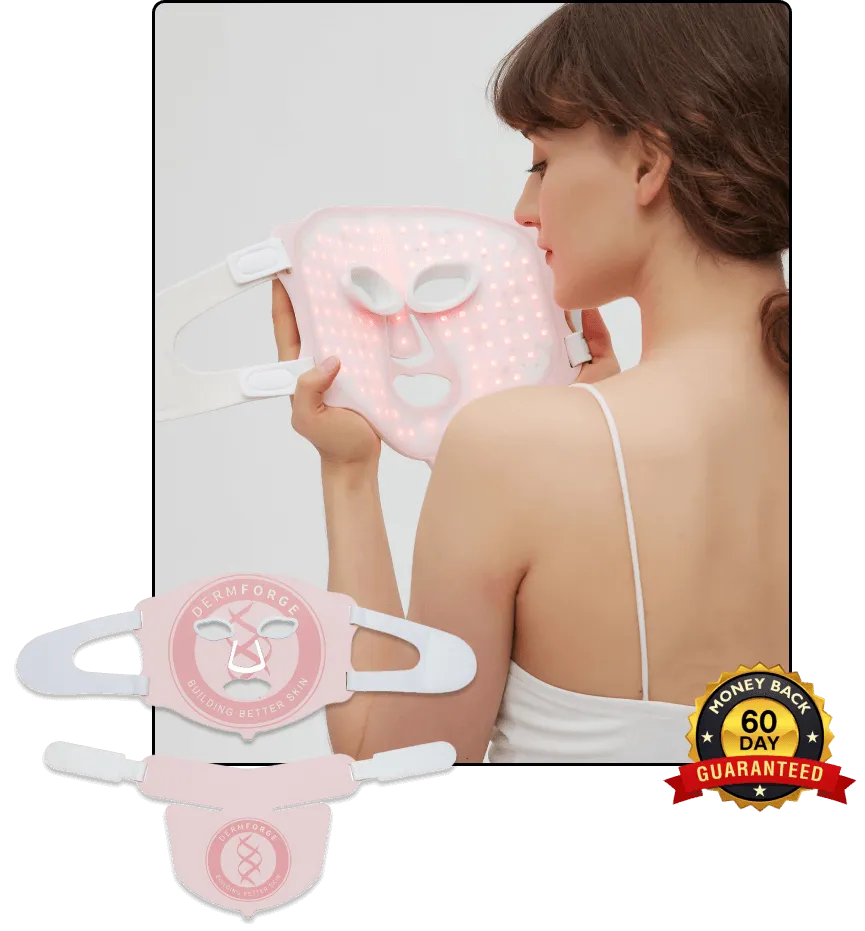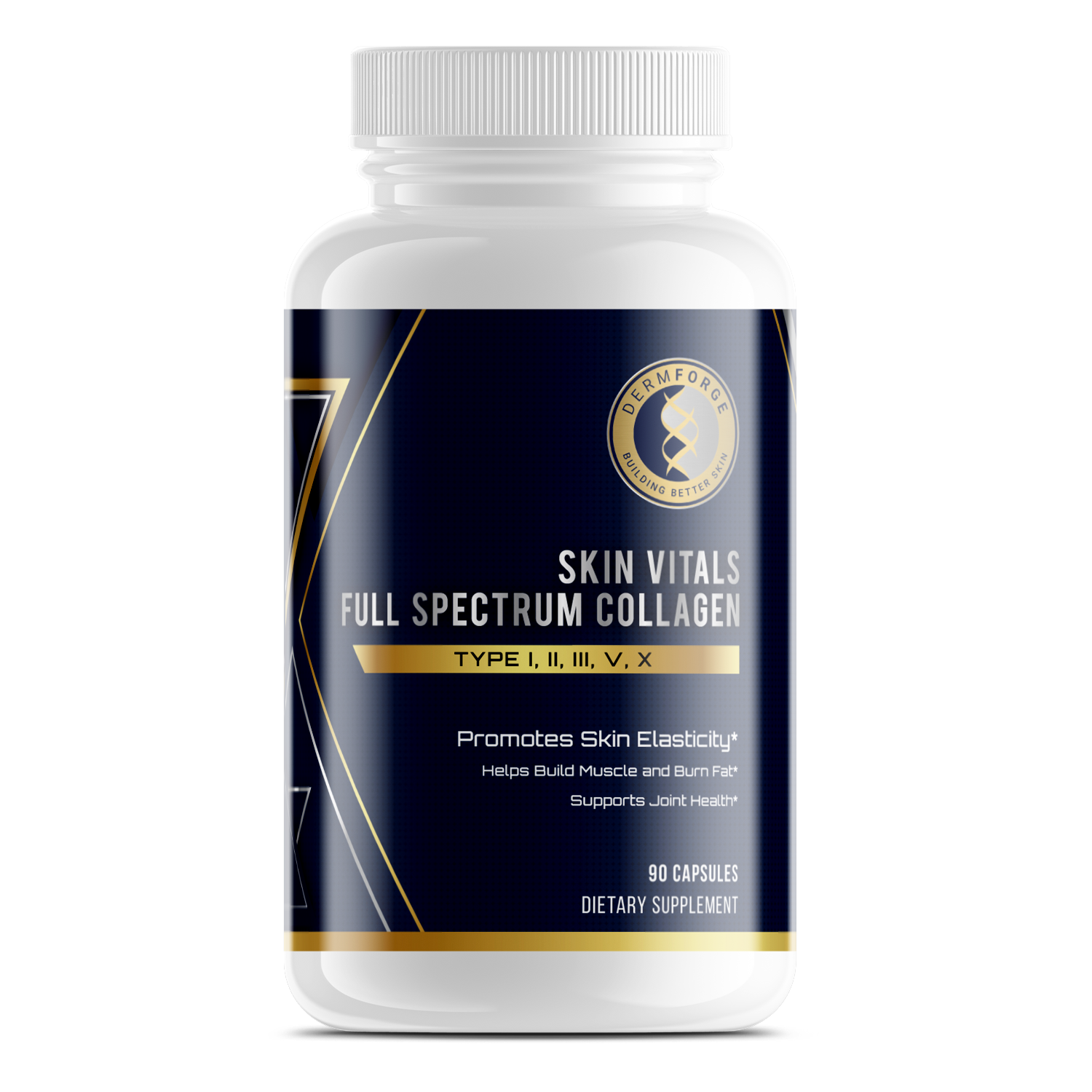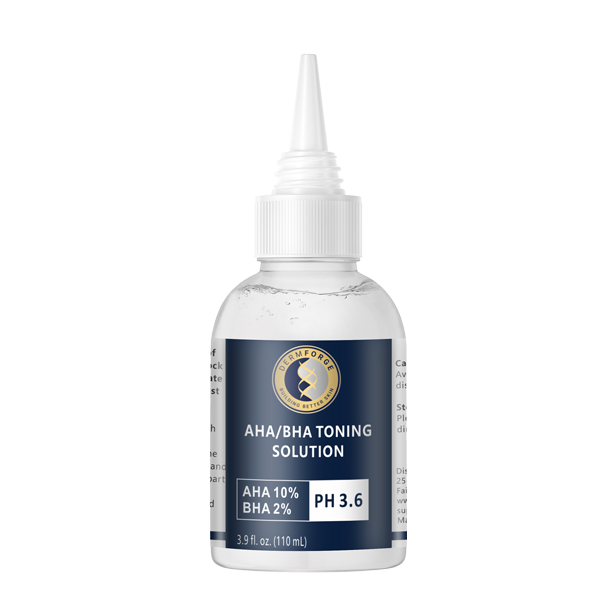Tretinoin and retinol are two skincare ingredients that are often hailed for their anti-aging properties. Both these compounds belong to the retinoid family and are derived from vitamin A. While they have similar benefits, there are some key differences between tretinoin and retinol that you should be aware of before incorporating them into your skincare routine. In this article, we will explore the basics of tretinoin and retinol, delve into the science behind how they work, compare their effectiveness and side effects, discuss factors to consider when choosing between the two and provide guidance on how to incorporate them into your skincare routine.
Understanding Tretinoin and Retinol
The Basics of Tretinoin
Tretinoin, also known as all-trans retinoic acid, is a potent form of vitamin A that is available by prescription only. It is a topical medication that is commonly used for treating acne, but it is also known for its effectiveness in reducing the appearance of fine lines, wrinkles, and sun damage. Tretinoin works by increasing cell turnover, stimulating collagen production, and improving the skin's texture and tone.
When using tretinoin, it is important to start with a low concentration to minimize skin irritation and gradually increase the strength as your skin adjusts. It is recommended to use tretinoin at night and always wear sunscreen during the day, as it can make your skin more sensitive to the sun. Some common side effects of tretinoin include redness, peeling, and dryness, but these usually subside as your skin gets used to the medication.
The Basics of Retinol
Retinol, on the other hand, is a milder form of vitamin A that is available over the counter. It is converted into retinoic acid in the skin and provides similar benefits to tretinoin, although at a slower pace. Retinol is often used in anti-aging skincare products and is well-tolerated by most individuals.
One of the advantages of retinol is its versatility - it can be incorporated into your skincare routine more easily than tretinoin due to its milder nature. However, it may take longer to see results compared to tretinoin, as it is not as potent. It is important to note that retinol products vary in strength, so it is advisable to start with a lower concentration and gradually increase as needed.
The Science Behind Tretinoin and Retinol
How Tretinoin Works
Tretinoin works by binding to specific receptors in the skin cells, which are responsible for regulating gene expression. This leads to increased production of collagen, a protein that helps to maintain the skin's structure and elasticity. Tretinoin also promotes the exfoliation of dead skin cells, revealing fresh, healthier-looking skin underneath.
Moreover, tretinoin is known to stimulate the production of hyaluronic acid in the skin. Hyaluronic acid is a natural substance that helps to retain moisture, keeping the skin hydrated and plump. By increasing the levels of hyaluronic acid, tretinoin not only improves skin texture but also enhances its overall hydration levels, resulting in a more youthful appearance.
How Retinol Works
Retinol functions in a similar manner to tretinoin but is converted into retinoic acid after it is absorbed into the skin. This conversion process is regulated by enzymes in the skin cells. Once retinol is converted into retinoic acid, it binds to the same receptors as tretinoin, triggering the same chain of events that lead to improved skin texture and appearance.
In addition to its role in promoting collagen production and skin cell turnover, retinol also acts as a potent antioxidant. Antioxidants help to neutralize free radicals in the skin, which can cause damage and premature aging. By incorporating retinol into your skincare routine, you not only improve the overall health of your skin but also protect it from environmental stressors that can accelerate the aging process.

Comparing Tretinoin and Retinol
Effectiveness of Tretinoin Vs Retinol
Tretinoin is considered to be more effective than retinol due to its higher concentration and direct activity on the skin cells. It produces faster results and is often recommended for individuals with more severe skin concerns, such as deep wrinkles or acne. Retinol, on the other hand, may take longer to show results but is generally well-tolerated and suitable for individuals with milder skin concerns.
When it comes to addressing specific skin issues like acne, tretinoin is known for its ability to unclog pores and prevent new acne lesions from forming. Its potent formulation can also help in reducing acne scars and hyperpigmentation, making it a popular choice among dermatologists for treating acne-prone skin. On the other hand, retinol is praised for its versatility in targeting multiple signs of aging, such as fine lines, uneven skin tone, and texture. It works by stimulating collagen production, which can improve skin elasticity and firmness over time.
Side Effects of Tretinoin and Retinol
Both tretinoin and retinol can cause some side effects, especially during the initial stages of use. These may include dryness, redness, peeling, and an increase in sensitivity to the sun. It is important to start with a low concentration of retinol and gradually increase the frequency and strength of application to minimize side effects. Tretinoin, being a prescription medication, requires close monitoring by a dermatologist to ensure proper usage and minimize potential side effects.
Additionally, it is crucial to use adequate sun protection while using tretinoin or retinol, as these ingredients can make the skin more susceptible to sun damage. Incorporating a broad-spectrum sunscreen with at least SPF 30 into your daily skincare routine can help protect your skin from harmful UV rays and prevent further skin damage. Moreover, using a gentle cleanser and moisturizer suitable for your skin type can help alleviate some of the common side effects associated with retinoid use, ensuring a more comfortable experience with these potent ingredients.
Choosing Between Tretinoin and Retinol
When it comes to deciding between tretinoin and retinol, there are several crucial factors that should be taken into account. Firstly, the severity of your skin concerns plays a significant role in determining which product may be more suitable for you. Tretinoin, being a prescription-strength retinoid, is often recommended for individuals with more severe skin issues such as deep wrinkles, stubborn acne, or hyperpigmentation. On the other hand, retinol, which is available over the counter, is a milder form of vitamin A that may be better suited for those with less pronounced skin concerns.
Moreover, your skin type and sensitivity are essential considerations when choosing between tretinoin and retinol. Tretinoin is known to be more potent and may cause more irritation, especially for those with sensitive skin. In contrast, retinol is generally considered to be gentler and may be a better option for individuals with sensitive skin who are prone to redness or peeling.
Consultation with a Dermatologist
Prior to incorporating tretinoin or retinol into your skincare regimen, it is highly recommended to seek guidance from a dermatologist. A dermatologist can conduct a thorough assessment of your skin condition, taking into consideration factors such as your skin type, concerns, and medical history. This personalized evaluation will enable the dermatologist to offer tailored recommendations on which product is best suited for your specific needs.
Furthermore, a dermatologist can provide valuable insights on how to effectively incorporate tretinoin or retinol into your skincare routine. They can advise on the proper application techniques, frequency of use, and potential side effects to watch out for. By consulting with a dermatologist, you can ensure that you are using these potent ingredients safely and maximizing their benefits for your skin.
Incorporating Tretinoin or Retinol into Your Skincare Routine
When it comes to incorporating potent ingredients like Tretinoin or Retinol into your skincare routine, it's essential to understand how to use them effectively to reap their benefits without causing irritation. Both Tretinoin and Retinol are derivatives of vitamin A and are known for their ability to promote skin cell turnover, improve skin texture, and reduce the appearance of fine lines and wrinkles.
How to Use Tretinoin
Tretinoin, a prescription-strength retinoid, is typically recommended for treating acne, hyperpigmentation, and signs of aging. To use Tretinoin, start by applying a pea-sized amount to clean, dry skin at night. Begin with a lower concentration to allow your skin to acclimate to the product, then gradually increase both the frequency and amount used as advised by your dermatologist. Remember, consistency is key when using Tretinoin to see optimal results. Due to its exfoliating properties, it is crucial to wear a broad-spectrum sunscreen during the day to protect your skin from increased sun sensitivity.
How to Use Retinol
Retinol, an over-the-counter form of vitamin A, is milder than Tretinoin but still offers significant benefits for improving skin tone and texture. When incorporating Retinol into your nighttime skincare routine, start by applying a pea-sized amount to your face after cleansing and toning. Begin using a low-concentration formula every other night to minimize the risk of irritation, then gradually increase the frequency as your skin adjusts. Just like with Tretinoin, it is essential to use a broad-spectrum sunscreen during the day when using Retinol to protect your skin from UV damage and maintain the results of your skincare regimen.
Conclusion
In conclusion, tretinoin and retinol are both effective ingredients for improving skin texture, reducing wrinkles, and enhancing overall skin appearance. However, the choice between the two depends on the severity of your skin concerns, your skin type, and your budget. Consulting with a dermatologist is essential to determine which option is best for you and to receive proper guidance on usage and potential side effects. By incorporating tretinoin or retinol into your skincare routine, you can take a proactive approach to maintaining healthy, youthful-looking skin.






